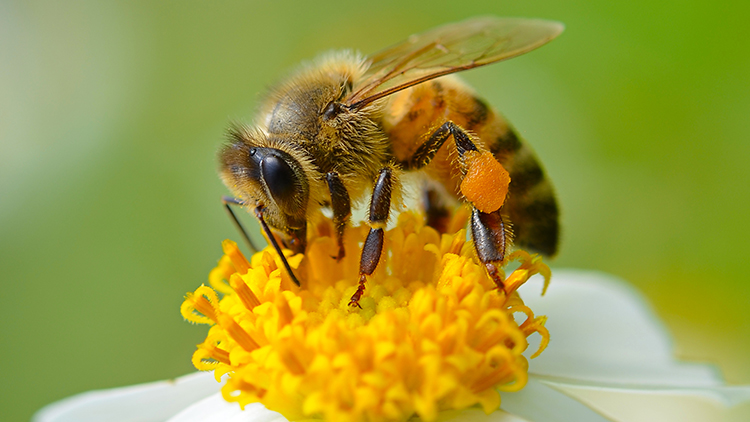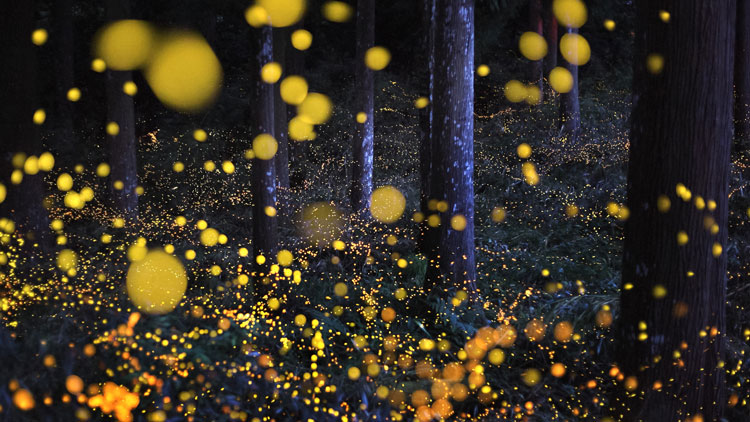
In 2006, beekeepers discovered a mystery. Bees were disappearing from their hives. Scientists discovered bees in the wild were disappearing as well. This phenomenon became known as Colony Collapse Disorder.
A loss of bee population has a serious effect on the earth because bees pollinate other plants. This means, they help them to grow new plants. Bees pollinate one out of every three food crops in the world. Scientists have looked for the reason for Colony Collapse Disorder. Instead of finding one reason for Colony Collapse Disorder, they have found many reasons.
Bees travel great distances to get food from flowers and crops. Then they bring them back to their hive. To do this, they need depend on their senses, their memory, and their ability to learn about the world around them. If just one thing goes wrong, they might not be able to find food. Even if they find food, they might not be able to find their way back to their hive.
The number of things that can go wrong has increased in the past 100 years. Humans move beehives across the country. Some bees are raised to only pollinate one type of crop. They don’t get all of the nutrients they need. These practices affect a bee’s ability to gather food. Additionally, many pesticides [chemicals humans use to protect crops from harmful insects] and parasites [tiny organisms that get food at the expense of their hosts] are harming bee development.
What Can You Do? There is not one answer to save the bees. However, doing things to improve the world around them will help bees. You can plant pesticide-free flowers in your yard. You may also support government policies that help the environment.
Photo Credit: anatchant ©123RF.com



